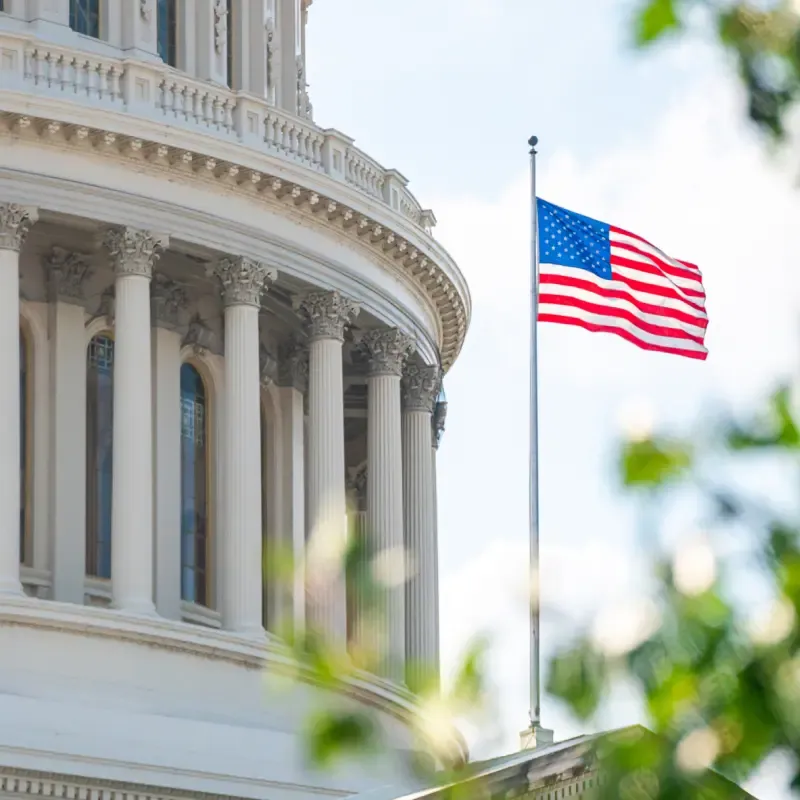Do new federal anti-discrimination rules put ministries at risk?
Originally reported in Law & Ministry Update (Vol 3 - October 2025) - case reviewed by the Legal Assist team.
5 min read

Federal Policy Change
National Implications
A new Department of Justice memo could have major implications for ministries receiving federal funds. By flagging certain DEI-related practices as potentially unlawful, the guidance signals a shift in enforcement priorities. Ministries should understand what’s changed to avoid legal risk and ensure their programs remain compliant with civil rights laws.
What You Need to Know
On July 29, 2025, the Department of Justice issued a memo to all federal agencies clarifying its interpretation of federal anti-discrimination laws. The memo warns that federally funded programs—including those operated by churches, religious schools, and faith-based nonprofits—may be unlawful if they involve discriminatory practices. Specifically, it flags race-based scholarships, hiring preferences favoring underrepresented groups, and training programs that stereotype individuals based on protected characteristics. Ministries using government grants for education, outreach, or social services should take note.
While the memo includes a list of “non-binding” best practices, it makes clear that violations could result in investigations, termination of funding, or legal action. Although a similar initiative from the Department of Education was recently struck down in court for procedural and constitutional flaws, the DOJ’s memo remains active and enforceable as of this posting.
What Your Ministry Can Do
Review Policies and Partnerships: If your ministry receives federal funding, audit your programs, hiring practices, and funding relationships to ensure compliance with federal law.
Update Training Materials: Review staff training programs to ensure they don’t include stereotypes or generalizations about groups. Avoid language that could be seen as promoting bias, even unintentionally.
Reevaluate Scholarship and Hiring Criteria: If scholarships or hiring preferences are based on race, sex, or other protected traits, ministries should consider revising them to ensure they are inclusive and legally defensible. Focus on need-based or mission-aligned criteria that don’t rely on protected characteristics.
Why This Matters
This shift in federal enforcement could directly affect how ministries design and deliver their programs. Many ministries rely on federal support to serve vulnerable populations through tutoring, food assistance, counseling, and other outreach efforts. If those programs include criteria that prioritize certain demographics—a specific race or gender—they may now face legal scrutiny.
Ministries may need to reevaluate how they structure scholarships, recruit staff, and communicate mission and vision to ensure compliance with civil rights laws. This doesn’t mean abandoning core values, but rather ensuring that those values are expressed in ways that uphold equal treatment under the law. Taking proactive steps now can help ministries preserve their funding, avoid legal complications, and continue serving their communities with integrity and purpose.
Status: The DOJ memo remains in effect. While advocacy groups are expected to challenge it in court, no formal challenges have yet been reported.
Date: July 29, 2025
Posted September 2025.
While the information provided in this resource is intended to be helpful, it does not constitute legal advice and should not be used as a substitute for advice from a licensed attorney in your area. Please note that no attorney/client relationship is established through this process, and no legal advice will be provided. We strongly recommend regular consultations with a licensed local attorney as part of your risk management program.